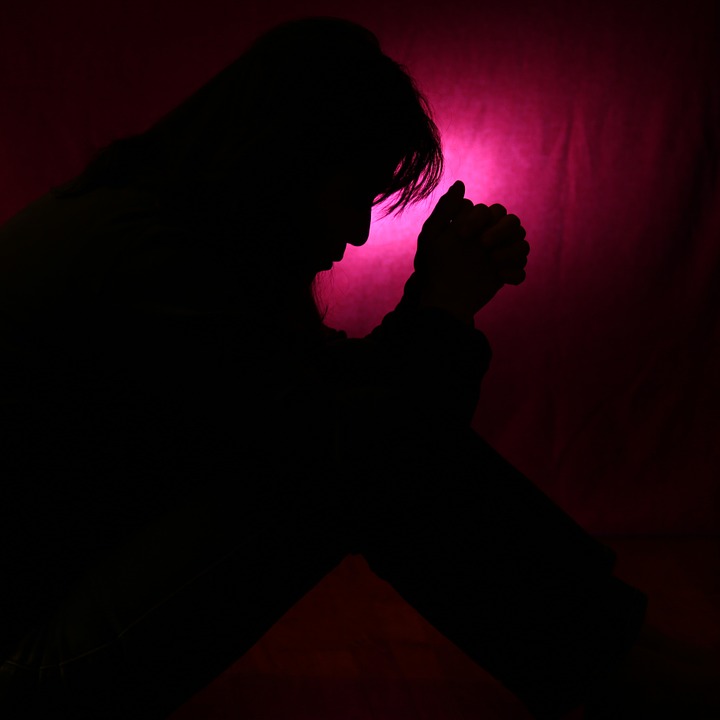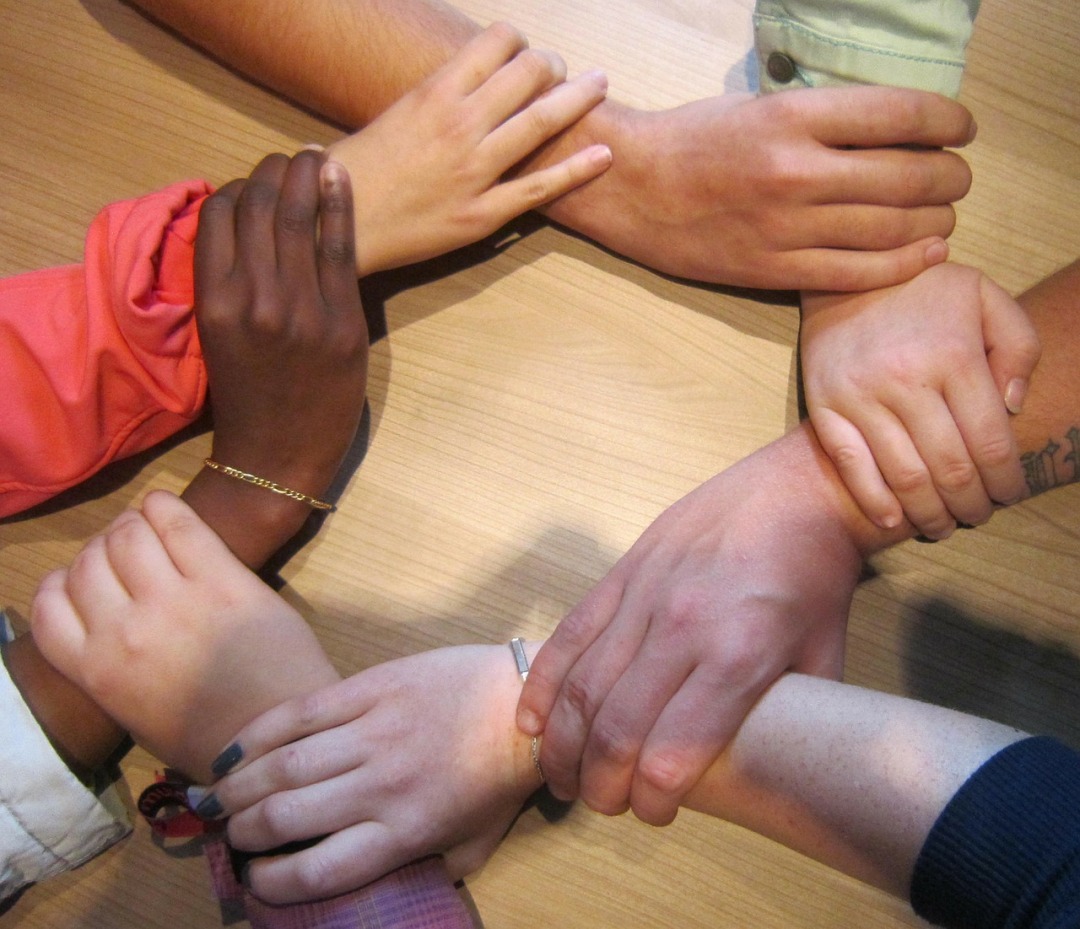by MeredithNMills | Feb 5, 2016 | Uncategorized
Rejection…oh, how it stings.

We don’t live long on this planet before encountering it. So many emotions come into play – pain, anger, disillusionment, loneliness, despair…
Jesus knew this pain well.
On the night before His crucifixion, Jesus shared an intimate meal with His closest earthly friends. Only two people in that room knew what was about to transpire. Judas, chosen as friend and disciple, would soon betray his Teacher into the hands of murderers. Jesus knew of Judas’ plans, yet He knelt and washed Judas’ feet. His dusty, dirty feet. Feet that would lead the killers to Jesus.
What an act of unheard-of grace.
Jesus knew He would also feel the ruthless pain of abandonment. Each of those beloved friends would run and hide during Jesus’ darkest hour. Except one – Peter would follow at a distance, but when questioned, he would deny even knowing his Friend.
Oh, how deep the pain of rejection.
Even so, Jesus spent the evening loving on His unfaithful friends (Jn 13:1). He washed each of their feet. He prepared them for difficulties to come and gave them promises to hold onto. And He prayed for them (Jn 17).
Jesus saw past His own pain to the needs of His friends.
He told Peter “I have prayed for you, that your faith may not fail. And when you have turned again, strengthen your brothers” (Lk 22:31-32).
He knew that Peter would feel unusable, unforgivable. He would grieve the choice he had made. In rejecting Jesus, Peter’s own heart would break. But Jesus prayed that Peter wouldn’t stay in that dark place – that his faith would not die, but that he would turn back to his friendship with God.
Then Jesus went even further. He prayed for Peter’s ministry after God walked his heart through grace.

Yes, Peter would sin. He would choose self-preservation over faithfulness. He would break the heart of the One he’d pledged faithfulness to unto death (Lk 22:33). But God would bring good out of it and enable Peter to strengthen others as a result.
What beautiful grace radiates from this passage. Grace for the unworthy. Grace for the unfaithful. Grace for the one inflicting the pain. Grace poured out, even before they asked for it.
When I encountered this story a few days ago, God did a deep work in my heart.
This is rarely my response to rejection. I often feel defined by the one who hurt me. Many a time, my world has come crashing down when someone hurt me.
But Jesus did not allow the opinions or actions of others to define Him. He knew His identity and didn’t try to prove Himself or keep men’s approval. (See Phil 2:6-7.) He was free to love, to forgive and to extend grace.
O God, teach me to rest in Your approval. Renew my mind in who You say I am. Then enable me to pray for those who hurt me – for their faith, for their walk with You, for their future ministry.
What about you? How do you respond when faced with rejection? What difference does it make to be “accepted (by God) in the Beloved (Jesus)”? (See Eph 1:6, KJV.)
Related Posts:
Nothing to Prove
Redefining Success, Part 2
by MeredithNMills | Jun 24, 2015 | Uncategorized
It’s not enough to simply “not hate.” Racial reconciliation is going to take more than that.

Dylaan Roof claims he attempted to start a “race war.” But his shooting rampage in Charleston last Wednesday night set off a much different response. It has inspired a movement against hatred, spread not with human weapons, but with supernatural love.
“A lot of people expected us to do something strange and break out in a riot. Well, they just don’t know us. We are people of faith,” said Rev. Goff, interim pastor of Emanuel AME Church in Charleston (USA Today news report on Sunday, June 21, 2015).
A people of faith. Faith prompted the victims to welcome Dylaan into their prayer circle Wednesday night. Faith enabled their families to extend forgiveness as they looked into his unmoved eyes on a monitor at the bail hearing. Faith gives them hope for the future as they walk through the agony of the present.
Faith inspires supernatural love. We can love because we are loved by God. We can forgive because we have been forgiven through the blood of Jesus. This is what the victims’ families in Charleston modeled to a watching nation.
We are all, every human being, made in the image of God (Gen 1:27). We’re all descendants of the first human couple (Gen 3:20). We are all under the curse of sin (Rom 3:23). We’re all greatly loved by God (John 3:16). He is redeeming as His own those from every tribe, tongue, people and nation (Rev 5:9). In the eyes of our Creator, all men and women are deeply loved and are created equal.
There are really only two kinds of people in this world.
There are those without saving faith in Jesus – we’re commissioned to share His good news of salvation with them in love (Mk 16:15). And there are our brothers and sisters in Christ – fellow believers from all different nations, different cultures, different skin colors. Love is to characterize His family. In fact, Jesus said that the world will know we are His by our love for one another (Jn 13:34-35).
So there really is no room for hatred. Not for those outside God’s family. Not for our brothers and sisters in God’s family. Only supernatural love will overcome the evils of racial prejudice.
Supernatural love is an active love. It’s not just choosing not to hate. It goes beyond that into actively welcoming others into our lives – those like us, those different than us.

This love involves seeing others through the eyes of Christ and investing time, energy and compassion into their lives. It embraces humility, realizing that my own life is enriched by experiencing other cultures and by learning from the people around me.
Faith is the foundation for supernatural love. Faith in the Word of God is the basis for how we interact with others. Faith in the love of God is the motivation for how we live our lives. Faith in the promises of God is the hope for enduring pain and choosing love.
As Christians, we know that this world is not our home. Heaven is. One day we will take up residence there in the presence of Jesus with no more tears, no more hate, no more violence, no more racial prejudice.
As Christians, our primary identity is not our nationality or race or denomination. We are members of the household of faith – a family that spans the globe and reaches through time.
As Christians, we have a purpose to fulfill during our time here. We are called to show God to the world by living out His sacrificial love (1 John 4:12).
So let us join with our brothers and sisters in Charleston and choose love. Let us be tools in the hand of God to bring good out of this evil. And may many come to faith in Christ as they see our unity and love for one another.
“As for you, you meant evil against me, but God meant it for good in order to bring about this present result, to preserve many people alive” Gen 50:20.
How do you express the love of God in your daily life? In what ways have you been enriched by opening your heart to learn from others?



